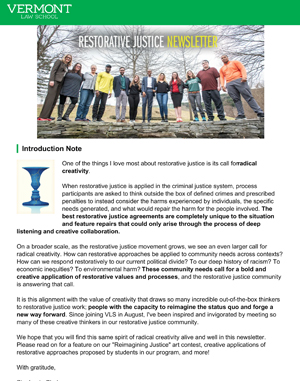About This Class
The environmental justice movement is aimed at avoiding, minimizing, or mitigating disproportionately adverse human health and environmental impacts, including social and economic impacts, on minority and/or low-income communities, and for those communities to be engaged meaningfully in environmental decision-making processes.
This course examines this environmental and public health problem. It analyzes, among other things, the complex mixture of environmental laws, as well as civil rights legal theories adopted in environmental justice litigation, including toxic tort litigation; litigation involving the relationship of zoning and land use planning decisions to instances of environmental injustice; litigation involving the siting of elementary and middle schools on former hazardous waste landfills in California and Rhode Island; and the major changes to EPA’s Title VI administrative complaint, investigation, and resolution processes to address environmental justice concerns. It explores how environmental justice concerns are framed and addressed/resolved through acts of civil disobedience; federal, state and local government initiatives; litigation; collaborative problem-solving; and alternative dispute resolution.
This course examines the quest for environmental justice by citizens in Louisiana for a human right to a clean and healthy environment in an international human rights forum, as well as in supreme courts in hydraulic fracturing (fracking) cases in Pennsylvania and New York because of a human right to clear air, water, and land in state constitutions.
This course examines the extrinsic link between environmental justice and sustainable development, and how the EPA, the ABA, and NGOs have been engaged in a number of initiatives to secure sustainable communities in the U.S.



















